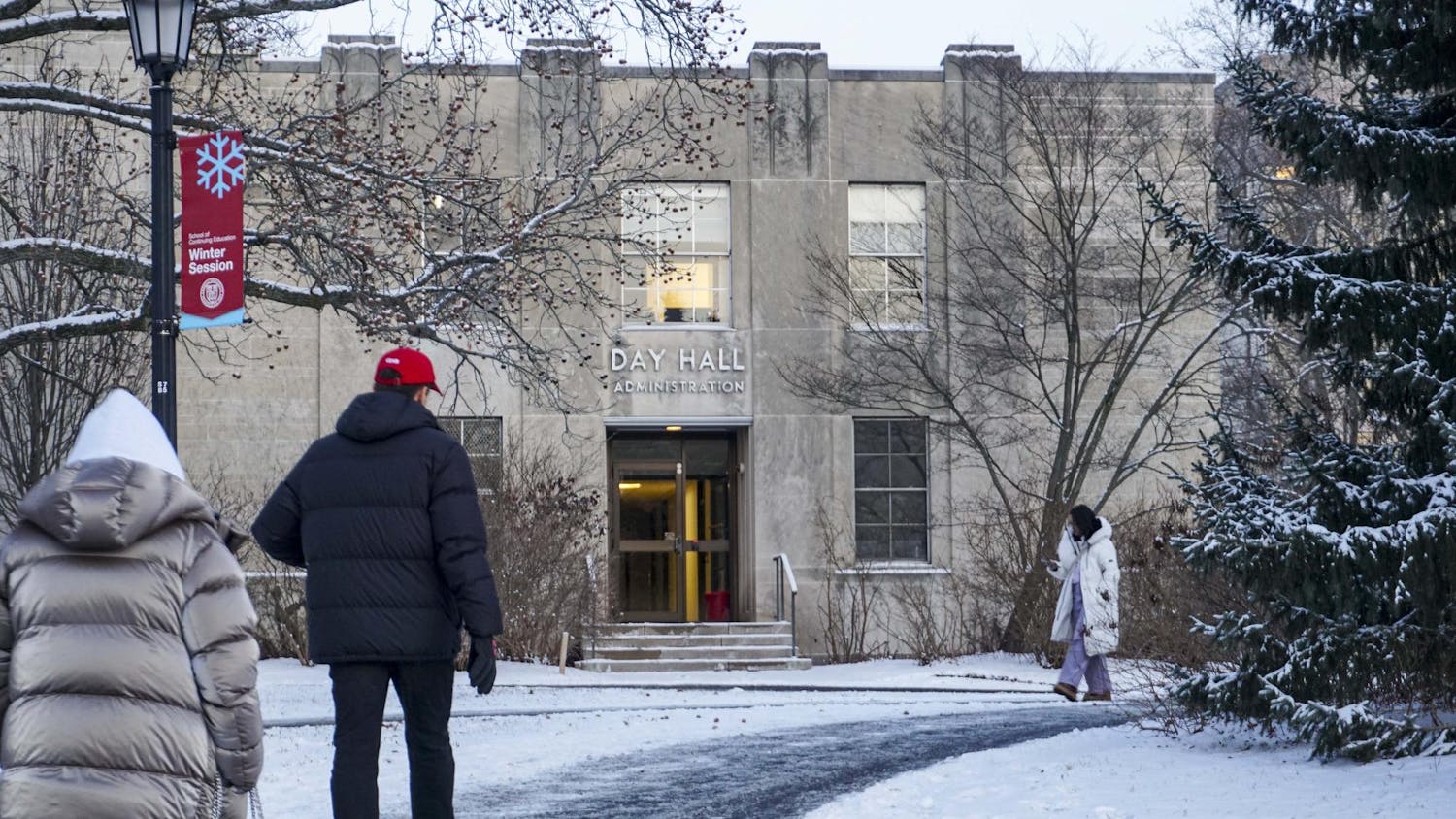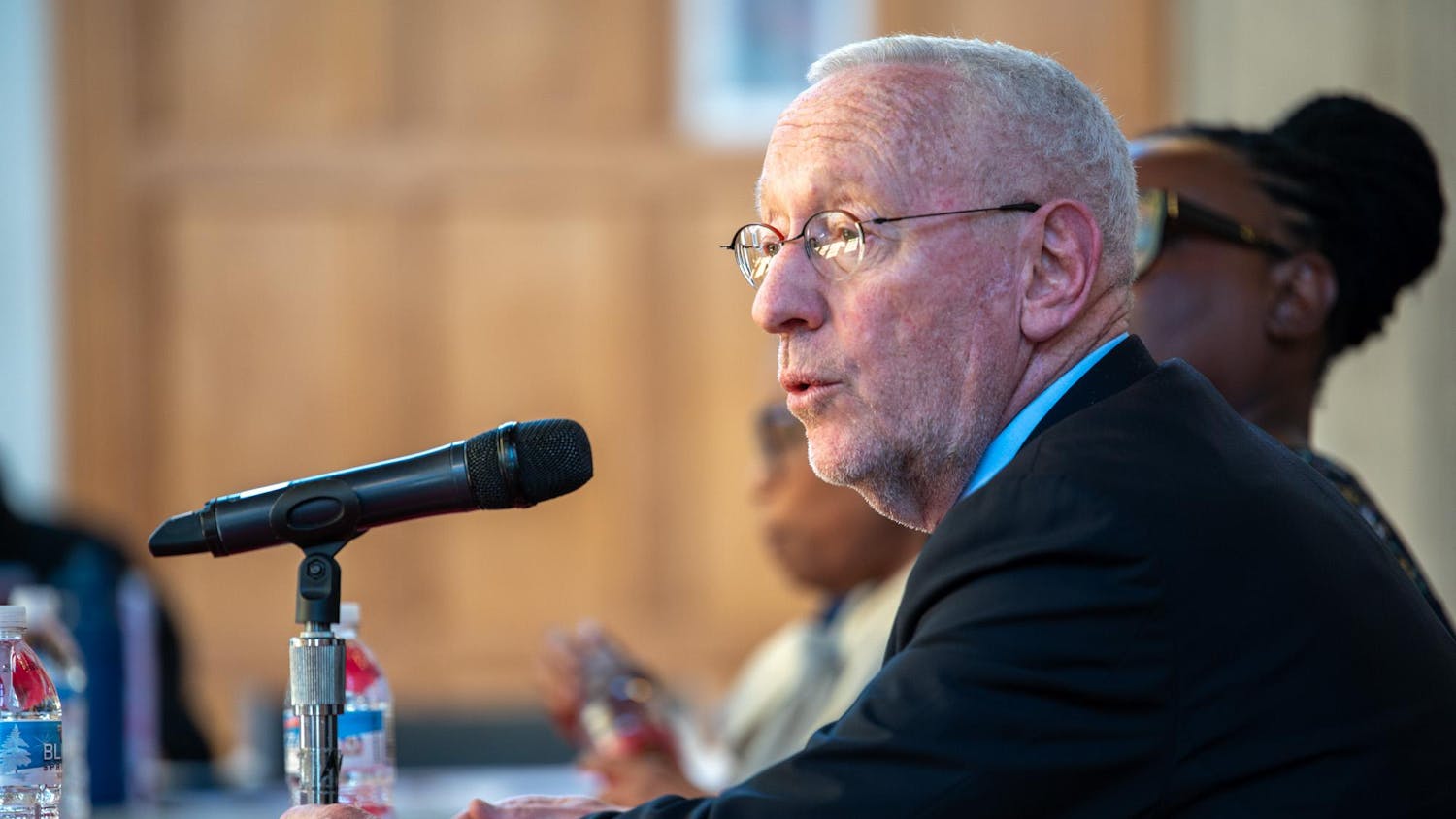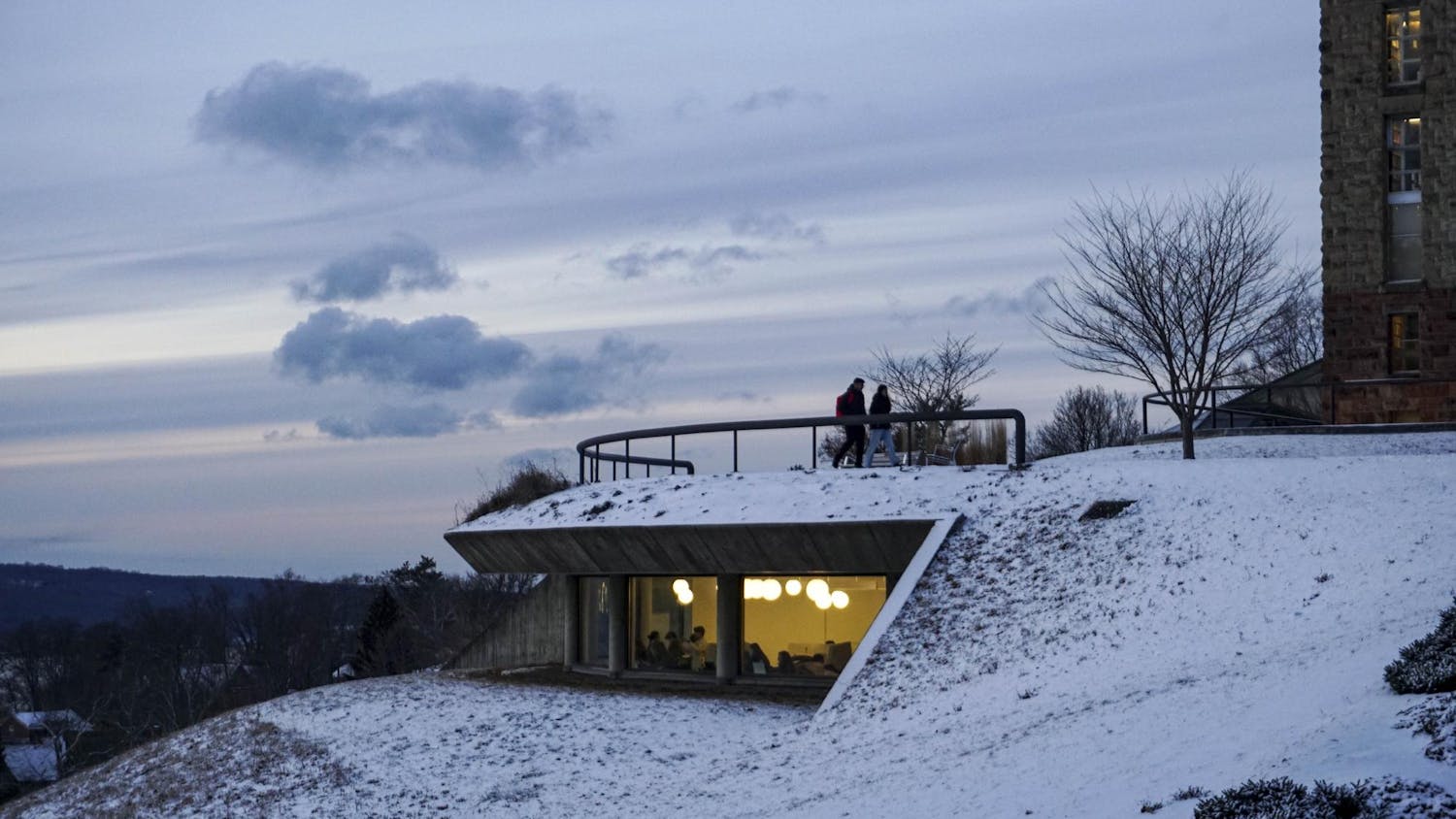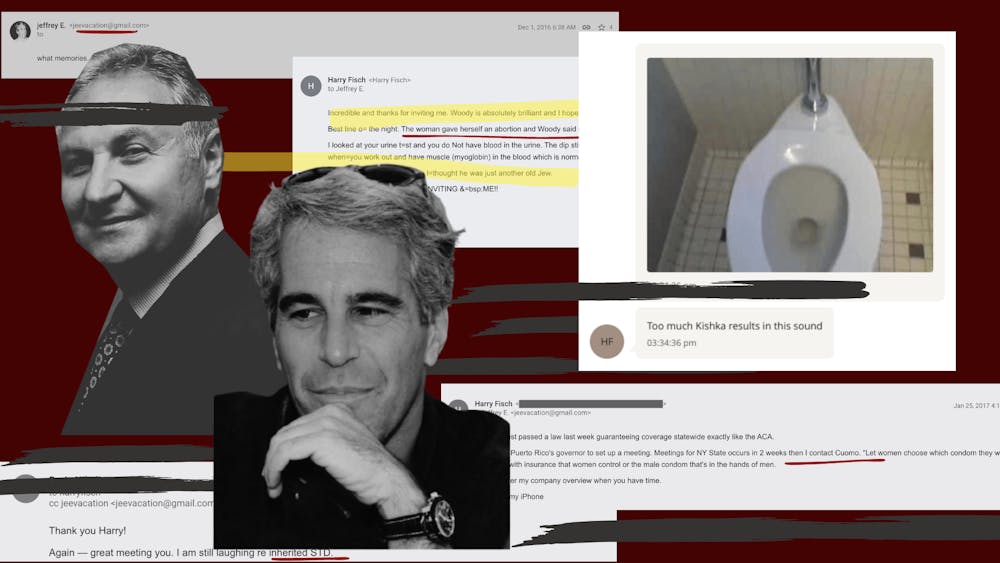Thursday marks the one year anniversary of when members of Black Students United stood on tables in Trillium and shouted chants to disrupt daily life, before delivering a set of demands to Day Hall that would have lasting effects on Cornell. The protest aimed to show that the racial discrimination widely publicized at Yale, University of Missouri and Ithaca College was also occurring at Cornell, according to Delmar Fears ’19, a member of the BSU political action committee. Fears recalled various stories of racial discrimination on and around campus. She told the story of a person of color being turned away from a party based on her skin color and described when a professor referred to a black student in class as the “black girl.” Jaylexia Clark ’19, another member of the BSU political action committee, described an incident where people threw glass bottles at a black student in Collegetown, calling him Trayvon, soon after Trayvon Martin was killed in Florida. “I’m actually from Florida,” she said. “That wasn’t a joke to us. Back home when that happened … A lot of my friends and I didn’t want to go to class. We didn’t want to leave our houses.” Clark said she hoped to escape discrimination when she decided to go to school up north but was not successful when she arrived at Cornell. “That type of malice is everywhere,” she said. “You can’t go to one place and expect to escape from it.”
The Demands
After the demonstration in Trillium last year, members of BSU walked to Day Hall and delivered a letter that listed 14 demands, actions that the group said the University should take if it was serious about upholding its motto of “any person, any study.” “It is time for Cornell to be on the right side of history,” the letter read. According to BSU Co-President Amber Aspinall ’17, the initial response by the administration was positive. Vice President of Student and Campus Life Ryan Lombardi and President Elizabeth Garrett attended a dinner at Ujaama that night with many members of BSU. BSU leadership recalled that they were told some things on the list would take longer than others, but administrators did not say the demands could not be accomplished. Others on campus were very critical of the letter. Soon after the demands were delivered, they were leaked onto a Cornell subreddit, where many people criticized the letter’s content. “These demands are ridiculous and exemplify the intellectual fairness and freedom of universities being assaulted by fear mongering activists,” said Reddit user gat45. One demand that was particularly controversial asked that the Cornell Plantations be renamed. While some viewed the name as a symbol of America’s racist history, others saw the request for a different name as a ridiculous, and an ask that would have no real impact on campus diversity.Some Success
Despite criticism, Cornell’s Board of Trustees fulfilled the demand to rename the Plantations the Cornell Botanic Gardens this fall. However, BSU received nearly no credit in any University announcement about the renaming, with administrators saying the change was made to better reflect the area’s biodiversity. However, Fears said BSU was aware that Christopher Dunn, director of Cornell Plantations, was exploring a name change, and they included it in the list of demands because they knew it had a high probability of being met. In fact, several other demands have been met, including increased support staff at the Center for Intercultural Dialogue, a dedication to the former Africana Center on Wait Avenue, career services staff dedicated to minority recruiting, additional counselors and psychiatrists of color in Gannett, divestment from the Johnson security system — which BSU said has links to the prison industry — and standing meetings with the administration. BSU has received little or no credit for their successes, but Aspinall said she does not care about getting recognition. “Ultimately because these are issues that have been discussed for years and years and years … what matters is that changes are being made", she said. Renee Alexander ’74, associate dean and director of intercultural programs, student and academic services and advisor to BSU, echoed Aspinall’s comment about the long term nature of the demands. Alexander recalled a meeting with Frank Dawson ’72 and administrators of Gannett this past spring, when the group discussed increasing support groups for minorities, another demand that was eventually met. After the meeting, Alexander said Dawson turned to her and said he remembered an article on the front page of The Sun his freshman year with Cornellians requesting the exact same change. “I think what [BSU’s] work reminds me of is that the struggle goes on,” she said. “I’m amazed at how much my students are trying to accomplish, that we’ve been working on for years. The change has been very, very slow.” Alexander added that she does not believe the University was trying to obstruct progress, but to move forward, invested parties must do more than just ask politely. “I think that my students in BSU understand that to move the agenda you got to push and you have to be an activist,” she said.More Still to Come
While President Emerita of BSU, Samari Gilbert ’17, said she is happy with the progress BSU has made, she maintained that there is still progress to be made for communities of color at Cornell. Gilbert specifically noted that, as an economics major, she has never had a black professor. Although she said this lack of diversity did not affect the teaching ability of her professors, she said she was not able to see herself in any of them. “Having someone who has an understanding of the way you see the world, who may understand the dilemmas that I face as a black woman working in finance and what that means is a lot better than someone who has just grown up in Westchester,” she said. Even though she was happy that she participated in delivering the demands, Gilbert said the whole process was very difficult. “While these demands were very fruitful and did a lot of positive things for students they were not an easy thing to accomplish by any means,” she said. “I think it’s a great privilege to be able to push the University forward but it’s also a great burden ... I would never wish it on anyone.” Fears added that the work was worth it, and said although some people believe that the fulfillment of several demands did not benefit them personally, improving the experiences of black students will eventually improve all students’ experiences. “We’re trying to fix institutionalized disparities,” she said. “We’re not asking for extras, we’re not trying to be sad snowflakes … we’re trying to fix inequity and improve campus for ourselves and by that we’re improving campus for everybody.”










